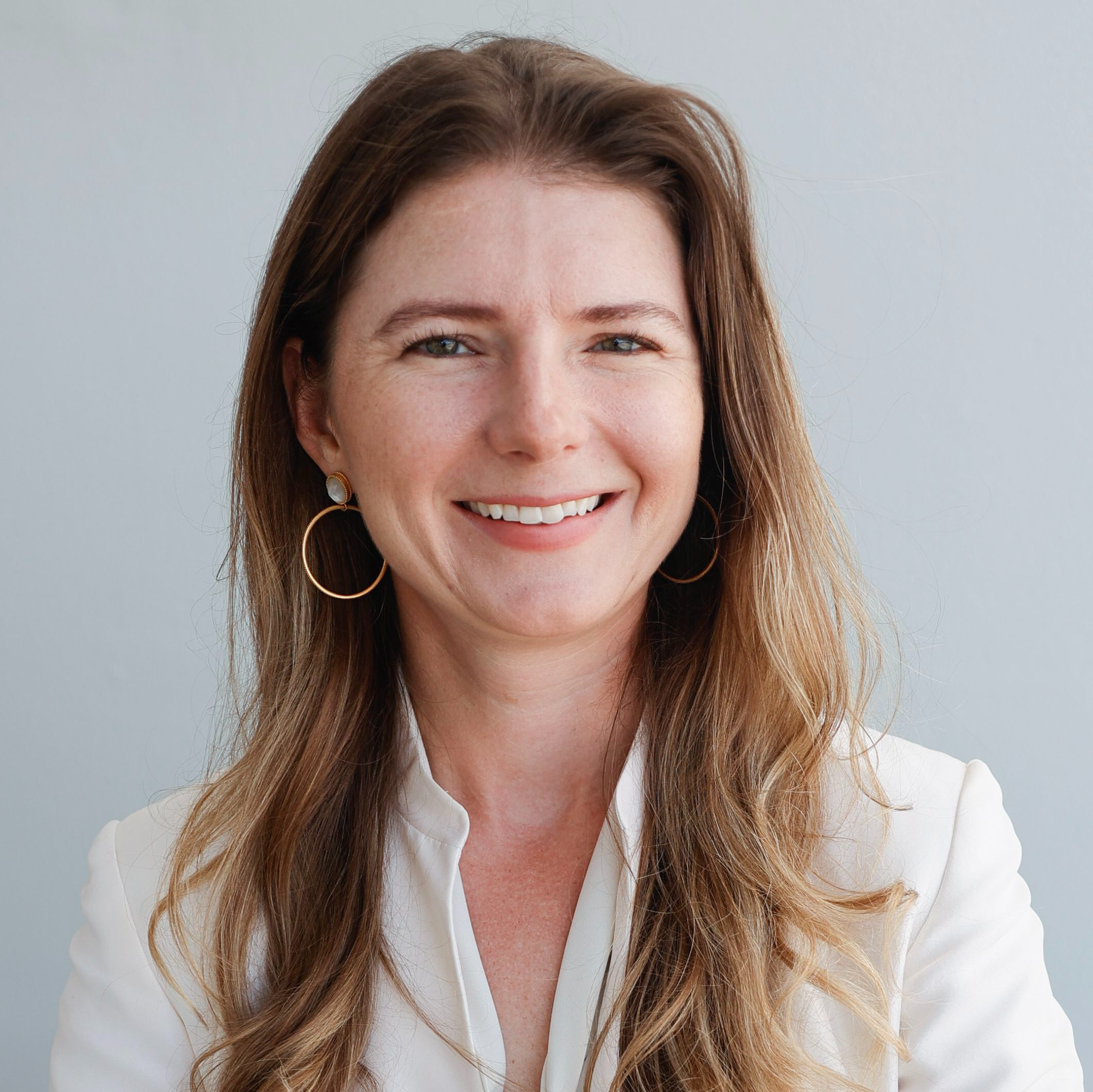Shriners Children’s to open pediatric medical research institute on Atlanta’s Westside

Shriners Children’s, a global nonprofit pediatric health care system, is opening a new medical research facility in Atlanta tied closely to Georgia Tech and Emory University.
The $153 million location at Tech’s Science Square on Atlanta’s Westside promises to create 470 new jobs, according to an announcement from the Georgia Department of Economic Development.
Shriners Children’s vice president of research and programs, Dr. Marc Lalande, said in a statement the “multidisciplinary innovation hub” will be in “close partnership with the outstanding biomedical engineers and scientists from Georgia Tech and Emory University.”
The new Shriners Children’s Research Institute will be “strategically located” across from Tech’s North Avenue Research Area, the release stated. It plans to recruit talent in fields including cell and gene therapies, robotics, biologics and artificial intelligence.
A spokesperson did not immediately respond to questions about when it would open.
“I’m grateful for Shriners Children’s decision to bet on Georgia and our talent to improve lives for generations to come,” Gov. Brian Kemp said in a statement.
The health care network focuses on orthopedic and neuromuscular conditions, burn injuries, spinal cord injury rehabilitation and cleft lip and palate.
Its nearest hospital facility is in Greenville, South Carolina, though it previously considered bringing an outpatient treatment facility to East Point.
Founded in 1922, the network reports that it served nearly 2 million patients across nearly 130 countries last year.
In an interview, Lalande said Shriners and Georgia Tech have collaborated on more than 75 research projects to date in a partnership that started in 2019. In one such partnership, Lalande said Tech experts helped develop a sensor to monitor the sleep of cleft palate patients from home rather than in a hospital.
The new center will have sophisticated data processing capabilities as well as labs for such research as gene therapies and robotics. Lalande said the Atlanta center will help develop new wearable devices and many types of cutting edge treatments.
“You will have these technologies that are going to directly improve the quality of life of the kids,” he said.
The AJC’s J. Scott Trubey contributed to this article.



